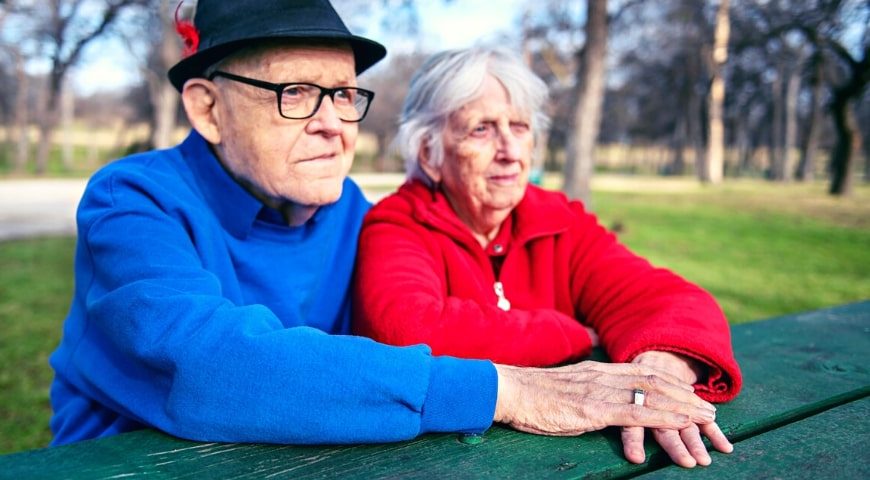Senior living communities are subject to strict laws and regulations. Understanding these regulations will help you run a better senior community while avoiding fines and other legal issues. Here are some tips for managing regulatory compliance in senior living communities.
Top Tips for Regulatory Compliance in Senior Living Communities
Stay Current with Regulations and Guidelines
Regulations and guidelines regarding senior living communities can vary based on state and local laws. It is essential to stay up-to-date with all relevant regulations and guidelines to ensure compliance. Facilities should have a designated compliance officer. This professional not only understands the current laws but also ensures your business is aware of changing laws.
Train Staff Regularly
Staff must receive regular training on regulations, policies, and procedures. Training documentation is essential to verify that your business meets its regulatory obligations. Adequate training helps ensure compliance and improve the quality of care.
Conduct Regular Audits
Regular audits help identify non-compliance issues and potential areas for improvement. Senior care businesses can conduct internal audits and hire third-party auditors. The audit should cover all aspects of the facility, including resident care, staff training, emergency preparedness, and documentation. After an audit, the management team should review the findings and make the necessary adjustments.
Implement Technology Solutions
Technology can help improve regulatory compliance in senior living communities. For example, the HALO Smart Sensor can assist with compliance by providing multi-function sensors, alerting, and reporting capabilities. The sensors can detect motion, occupancy, and aggression, and the system can integrate with a panic button. Various reporting and documentation systems can also help with compliance.
Ensure HIPAA Compliance
Senior living centers must comply with HIPAA regulations to keep residents’ personal and medical information confidential. Facilities need to establish policies and procedures that adhere to HIPAA. Staff members must receive regular training on these policies and procedures.
Have a Disaster Preparedness Plan
Facilities should have a disaster preparedness plan to ensure that residents, staff, and visitors are safe during emergencies. The plan should include procedures for evacuations, sheltering in place, communication, and recovery. It is important to regularly review and update the disaster plan to ensure its effectiveness.
Encourage Open Communication
Encouraging open communication between residents, staff, and management can help identify areas of non-compliance and other risks. Facilities should have a suggestion box or a system for residents and staff to provide feedback. Management should be responsive to feedback and take appropriate action to address any issues or concerns.
Convenient Senior Living Solutions Done Right!
Canopy Senior Living is Atlanta’s most trusted, experienced, innovative senior living management company! We dedicate ourselves to creating an excellent and caring environment for our residents and team members. Click here to learn more about what we do. If you’re interested, message us by clicking here.
Thanks for visiting!

